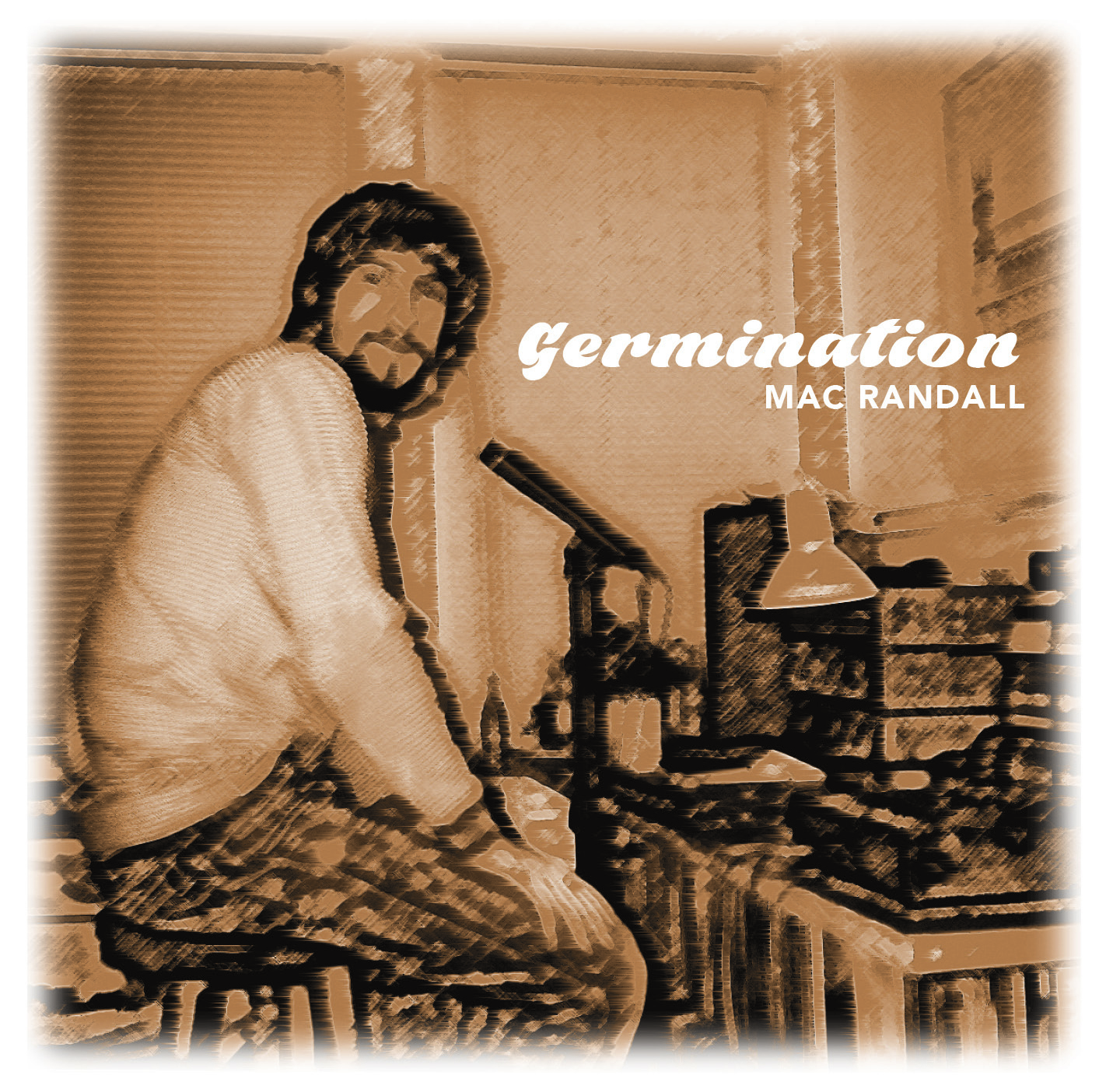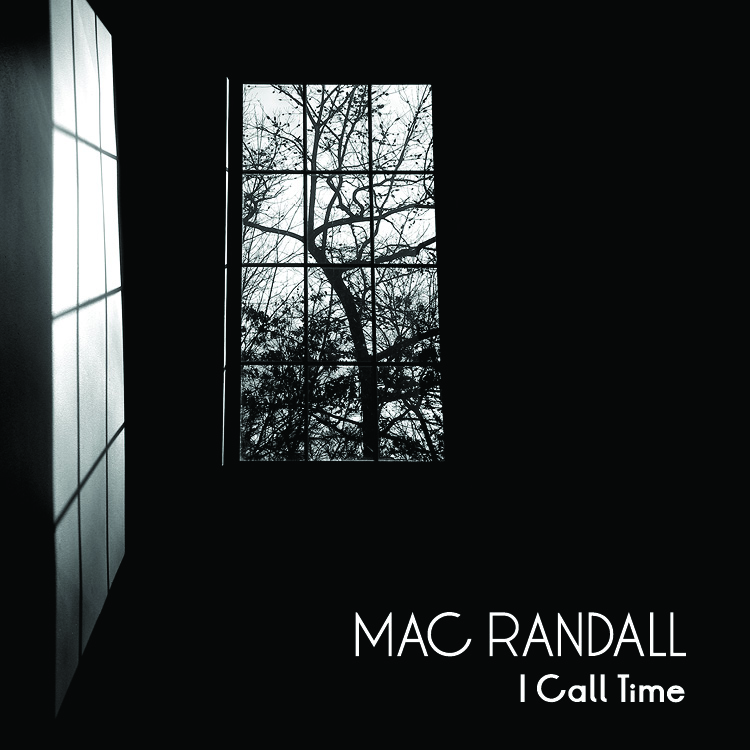“This is the scene in the movie where you help me out”
As much as I love cinema and theater and TV, I’ve never gotten as nerdily obsessed with actors as I have with musicians. So I never felt compelled to do much research into the life of Philip Seymour Hoffman. All I knew was that he was great—no, not just great, magnificent—in every single role that I’ve seen him play. After seeing him in Hard Eight and Boogie Nights and Almost Famous and a few other wonderful movies of the late ’90s/early ’00s, I began to view the presence of his name in a film as a sign of quality. If he was in it, I would watch it. The films themselves might occasionally let me down (though not often), but he never did. Until today.
Because I didn’t know anything about Hoffman’s life, I didn’t know that he’d had troubles with addiction in his youth, or that he’d vanquished those troubles for years, or that they’d recently returned. I also didn’t know that he had three young children. I know all these things now. But I wish I didn’t. If I didn’t, it would probably mean that he was still alive. And those three young children would still have a dad.
I believe I’ve seen 18 films in which Hoffman starred. It’s highly likely now that I’ll see all the others he appeared in eventually. But it really pains me that there will be no more.
When I think of Hoffman, I always think first of his role as Phil Parma, the male nurse who cares for the cancer-riddled TV producer played by Jason Robards in Paul Thomas Anderson’s Magnolia. Parma wants to reunite the Robards character with his estranged son before he dies. The son, played by Tom Cruise, is a notorious purveyor of self-help hogwash, narcissistic, misogynistic, and thoroughly unlikable. But he’s still somebody’s son, and Parma recognizes this. Trying to reach the Cruise character, he ends up on the phone with one of his assistants. In a short, gripping scene, he pleads for the guy not to sit on this message. His tone remains cool throughout the exchange, but the emotion underlying his words cuts to the heart.
“I know that I might sound ridiculous,” he says, “like this is the scene in the movie where the guy’s trying to get ahold of the long-lost son…you know…but this is that scene, and I think they have those scenes in movies because they’re true.
“See,” he concludes, “this is the scene in the movie where you help me out.”
Is it right to directly associate actors with the characters they’ve played? Probably not, but the temptation’s hard to avoid. There’s an essential goodness in Phil Parma, a kindness born of suffering. I’ve always thought of Philip Seymour Hoffman as having at least some of that same kindness within him. He must have done if he could play that part so well.
I guess this is the scene in the movie where the help doesn’t arrive, and the supremely talented, supremely flawed tragic hero succumbs to his demons. I don’t care for that scene.







Well stated. I watched the link from “Magnolia”. So heartbreaking.